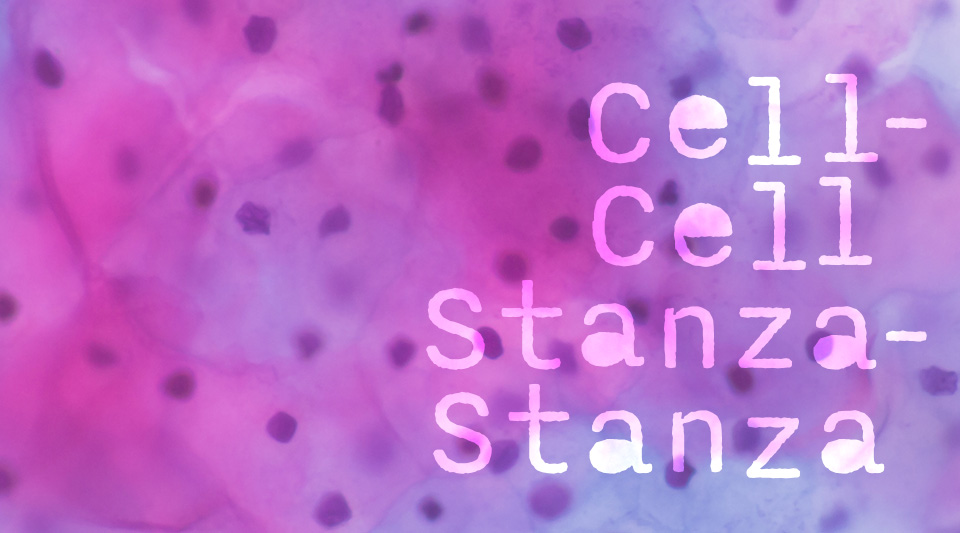Cell-Cell, Stanza-Stanza is a new conversation series that explores how science and poetry can work together to foster healing, especially in the context of cancer and serious illness.
The first event in this series, held on April 17, 2024 at the University of Notre Dame, brought together a bioengineer and poet to discuss the ways in which their disciplines shaped their experiences of cancer care. Future events in this series are planned for Galway, Ireland (Nov. 13, 2024), near Notre Dame Kylemore, as well as at Notre Dame’s global gateway locations and main campus.
Cell-Cell, Stanza-Stanza, sponsored by the Biseach Initiative—a collaboration between Notre Dame’s Harper Cancer Research Institute and the University of Galway— featured a conversation between Pinar Zorlutuna, Roth-Gibson Professor of Bioengineering at the University of Notre Dame, and award-winning Irish poet Julie Morrissy, Ph.D., the first Poet-in-Residence at the National Library of Ireland.
Zorlutuna and Morrissy shared their experiences as caregivers for loved ones dealing with cancer and serious illness, reflecting on the ways in which the medical system can engender feeling of anxiety and vulnerability.

“Language in biomedical science can be a real barrier when you’re trying to know what’s going on with your own health or the health of a loved one,” said Zorlutuna, Director of Notre Dame’s Bioengineering Program.
Morrissy’s poetry is informed by science and cancer care, particularly her experiences navigating a terminal cancer diagnosis in her family.
“The best way I can describe my experience with cancer care is that it’s a kind of shifting ground,” said Morrissy. “From week to week, day to day, month to month, you can feel like things have settled into a routine. Then, all of a sudden, things change. It’s very difficult to constantly adjust and then readjust.”
Morrissy shared her poems, which acted as springboards for conversation about Zorlutuna’s research on cell-cell and cell-matrix interactions.
Future events in this series will further the goal of developing a cross-disciplinary language for understanding and navigating cancer care.
— Karla Cruise, Notre Dame Engineering
